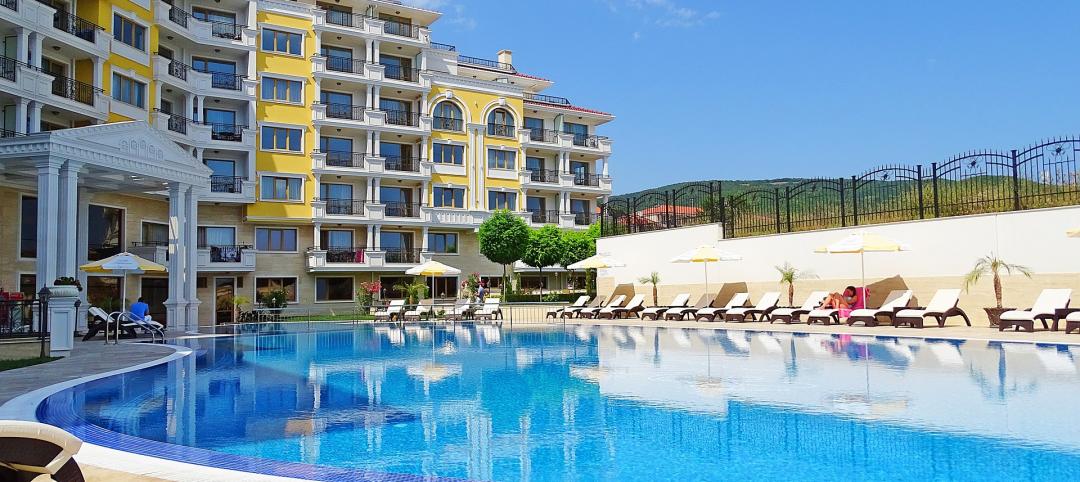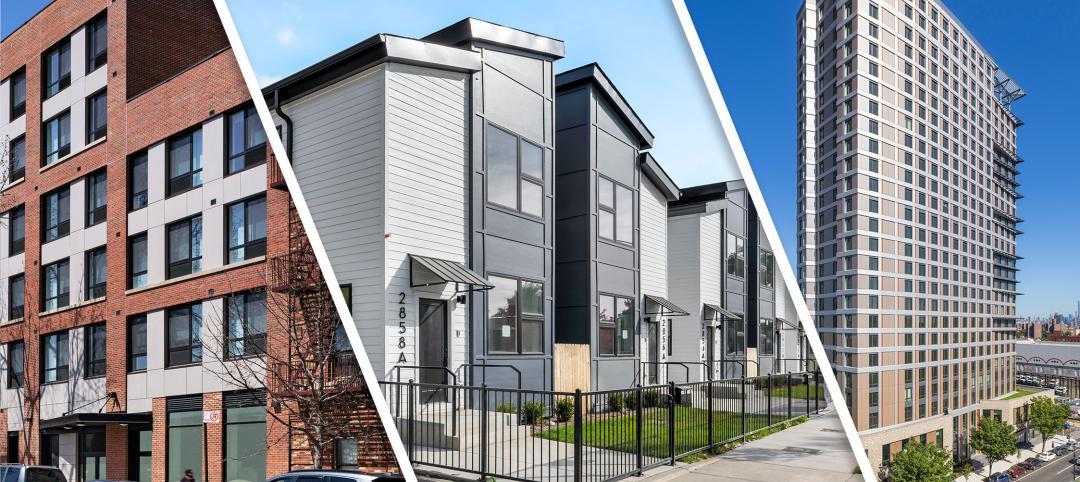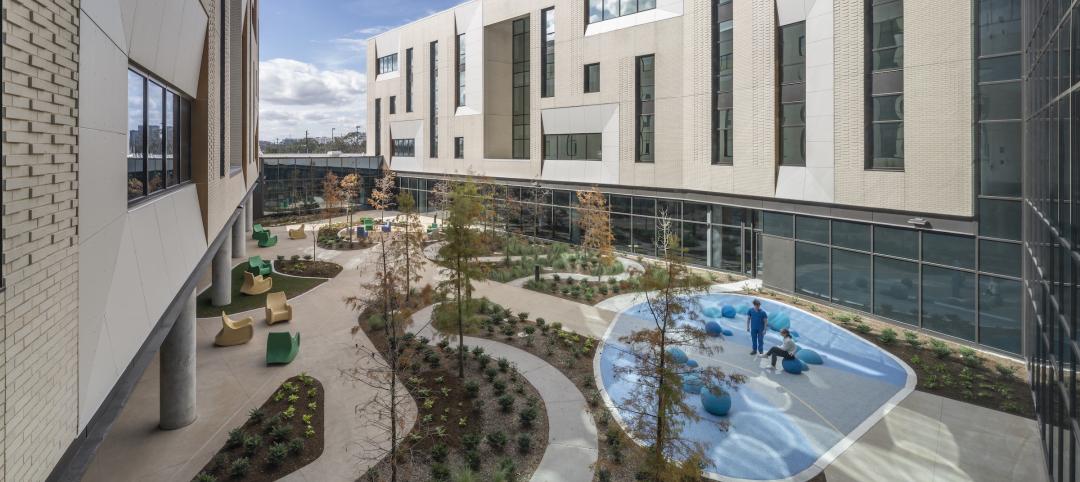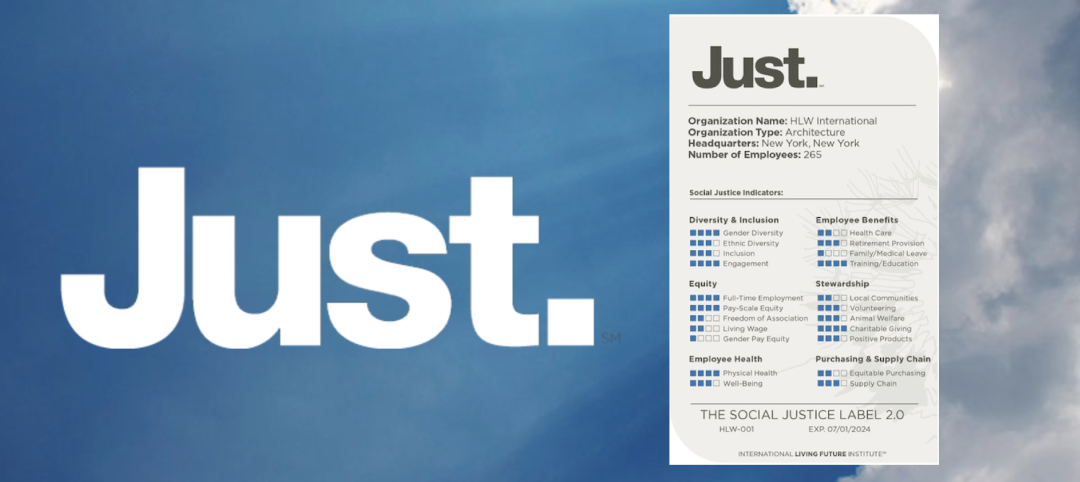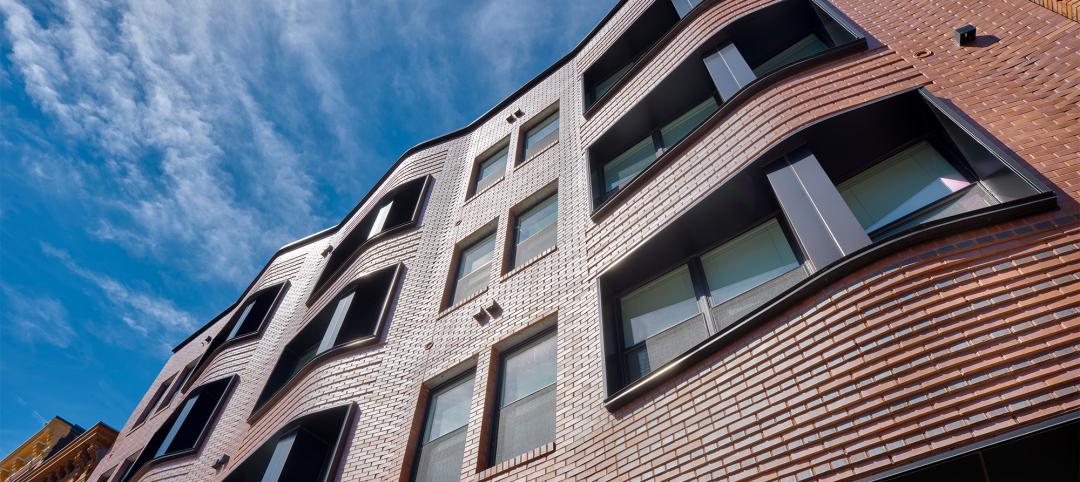Stantec, the global engineering and design firm, bolstered its position geographically and in several business sectors with its acquisition of Denver-based RNL Design, the architectural, interior, and urban design firm.
Terms of the agreement, which is expected to close next month, were not disclosed.
Josh Gould, RNL’s chairman and CEO, tells BD+C that his company decided to put itself up for sale about 18 months ago, and entered into serious discussions with Stantec at the beginning of this year.
“We’ve been autonomous for more than 60 years, so our board didn’t make this decision lightly,” he says. However, the board concluded that RNL couldn’t achieve the kind of market reach it wanted with its existing platform in a consolidating industry “that is changing rapidly,” says Gould.

Josh Gould, RNL Design's chairman and CEO, will become a sector leader in Stantec's Buildings group. Image: Stantec
RNL joins Stantec with 134 employees and offices in Denver, Los Angeles, Phoenix, Washington, D.C., and Abu Dhabi, UAE. But, says Gould, RNL “really didn’t have a lot of coverage in the United States outside of Denver. We have several national and international clients, and they needed broader coverage.”
It gets that with Stantec, whose 22,000 employees are spread over 400-plus locations and six continents. Last year, Stantec, which is based in Edmonton, Alberta, reported $4.3 billion Canadian (US$3.2 billion) in revenue, and C$130.5 million in net income.
Stantec’s business model over the past several decades has been to grow into sectors through acquisition (it’s made over 125 deals). Stantec is active in five sectors: Buildings, from which it generates about 23% of its revenue; Water, which also accounts for 23%, and became a more important part of the company after its March 2016 acquisition of Denver-based MWH Global; Infrastructure (26% of revenue), Energy and Resources (12%), and Environmental Services (16%).
RNL’s management team is staying on with Stantec, and Gould will become its Buildings Sector Leader. Eventually, he will take a leadership role in expanding Stantec’s Civic business.
“RNL has an abundant portfolio in the Civic sector, especially in public transit,” says Leonard Castro, Stantec’s Executive Vice President-Global Buildings Practice. RNL’s notable public transit projects include providing architectural, interior, and sustainable design for the 540,000-square-foot Los Angeles County Metropolitan Transportation Authority (Metro) Division 13 Bus Operations & Maintenance Facility, the first ground-up bus operations and maintenance facility for Metro in 30 years.
Castro says Stantec also saw RNL’s position in Denver and in the Middle East as plusses for the larger’s company’s growth ambitions. “Denver is a strategic market for Stantec, and it’s just a better [location] platform to service our clients” than Edmonton is. He adds that Denver is “exceptional” for its engineering schools.
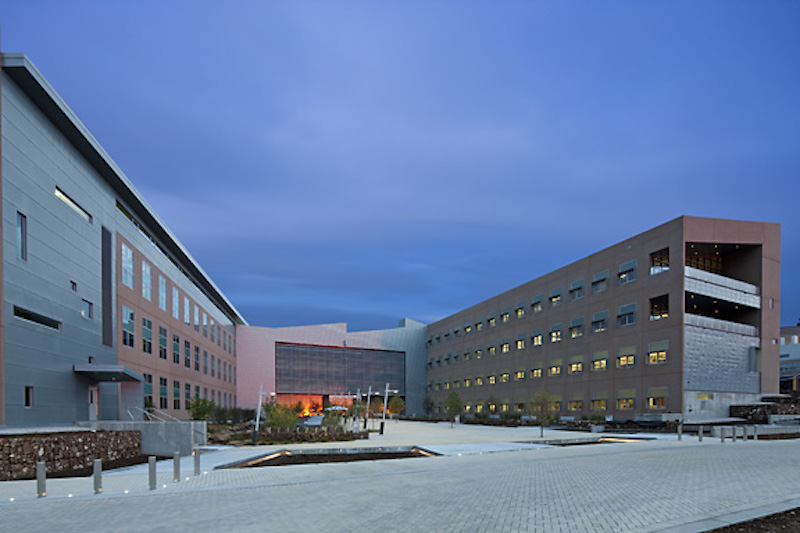
One of RNL's recent projects is the Research Support Faiclity at the National Renewable Energy Lab in Colorado. Image: Courtesy of Stantec
RNL’s strengths in sustainability, resilience, and urban design should solidify Stantec’s position in each, especially given Stantec’s recent “Urban Places” initiative that targets projects related to city living, says Castro. Among RNL’s recent projects is a 190,000-sf net-zero-energy operations building on 36 acres for the Denver Water Board, and the 340,000-sf Research Support Facility at the National Renewable Energy Lab (NREL) in Golden, Colo., for which RNL provided architecture and interior design, site planning, and landscape architecture.
Stantec, says Castro, also believes that having RNL’s architectural design expertise could be a critical advantage in capturing projects for its Water division.
Stantec was MEP engineer on the NREL project, one of a half-dozen that Stantec and RNL had worked on together prior to this acquisition.
New leadership
Coincident to the Stantec-RNL transaction, Stantec announced that its president and CEO of eight years, Bob Gomes, would retire at the end of this year. Gomes, who started working for the company in 1988, oversaw Stantec’s international expansion. Between the first quarter of 2009 and the first quarter of 2017, Stantec also completed nearly 50 acquisitions, and enjoyed a revenue bounce of 229%.
Replacing Gomes, effective January 1, 2018, will be Gord Johnson, a 20-plus-year Stantec vet and, since 2015, Executive Vice President of its Infrastructure business unit.

Gord Johnson (left) will become Stantec's president and CEO on January 1, 2018, replacing Bob Gomes, who has held that position for more than eight years. Image: Stantec
In an interview with the Edmonton Sun following his appointment, Johnson pointed to the company’s diversification strategy as one of the main reasons why it has been able to weather economic shifts in different markets. “We have never been more diversified than we are now,” notes Castro.
Johnson also said Stantec, under his leadership, would look to expand its platform in places where it already has solid footprints, such as the United Kingdom, Australia, and New Zealand.
Related Stories
Multifamily Housing | Mar 14, 2023
Multifamily housing rent rates remain flat in February 2023
Multifamily housing asking rents remained the same for a second straight month in February 2023, at a national average rate of $1,702, according to the new National Multifamily Report from Yardi Matrix. As the economy continues to adjust in the post-pandemic period, year-over-year growth continued its ongoing decline.
Affordable Housing | Mar 14, 2023
3 affordable housing projects that overcame building obstacles
These three developments faced certain obstacles during their building processes—from surrounding noise suppression to construction methodology.
Healthcare Facilities | Mar 13, 2023
Next-gen behavioral health facilities use design innovation as part of the treatment
An exponential increase in mental illness incidences triggers new behavioral health facilities whose design is part of the treatment.
Student Housing | Mar 13, 2023
University of Oklahoma, Missouri S&T add storm-safe spaces in student housing buildings for tornado protection
More universities are incorporating reinforced rooms in student housing designs to provide an extra layer of protection for students. Storm shelters have been included in recent KWK Architects-designed university projects in the Great Plains where there is a high incidence of tornadoes. Projects include Headington and Dunham Residential Colleges at the University of Oklahoma and the University Commons residential complex at Missouri S&T.
Mixed-Use | Mar 11, 2023
Austin mixed-use development will provide two million sf of office, retail, and residential space
In Austin, Texas, the seven-building East Riverside Gateway complex will provide a mixed-use community next to the city’s planned Blue Line light rail, which will connect the Austin Bergstrom International Airport with downtown Austin. Planned and designed by Steinberg Hart, the development will include over 2 million sf of office, retail, and residential space, as well as amenities, such as a large park, that are intended to draw tech workers and young families.
Performing Arts Centers | Mar 9, 2023
Two performing arts centers expand New York’s cultural cachet
A performing arts center under construction and the adaptive reuse for another center emphasize flexibility.
Architects | Mar 9, 2023
HLW achieves Just 2.0 label for equity and social justice
Global architecture, design, and planning firm HLW has achieved The International Living Future Institute’s (ILFI) Just 2.0 Label. The label was developed for organizations to evaluate themselves through a social justice and equity lens.
Architects | Mar 9, 2023
A. Eugene (Gene) Kohn, Co-Founder of Kohn Pedersen Fox, dies at 92
A. Eugene (Gene) Kohn, FAIA RIBA JIA, Co-founder of international architecture firm Kohn Pedersen Fox, died today of cancer. He was 92.
Affordable Housing | Mar 8, 2023
7 affordable housing developments built near historic districts, community ties
While some new multifamily developments strive for modernity, others choose to retain historic aesthetics.
Architects | Mar 8, 2023
Is Zoom zapping your zip? Here are two strategies to help creative teams do their best work
Collaborating virtually requires a person to filter out the periphery of their field of vision and focus on the glow of the screen. Zoom fatigue is a well-documented result of our over-reliance on one method of communication to work. We need time for focus work but working in isolation limits creative outcomes and innovations that come from in-person collaboration, write GBBN's Eric Puryear, AIA, and Mandy Woltjer.



